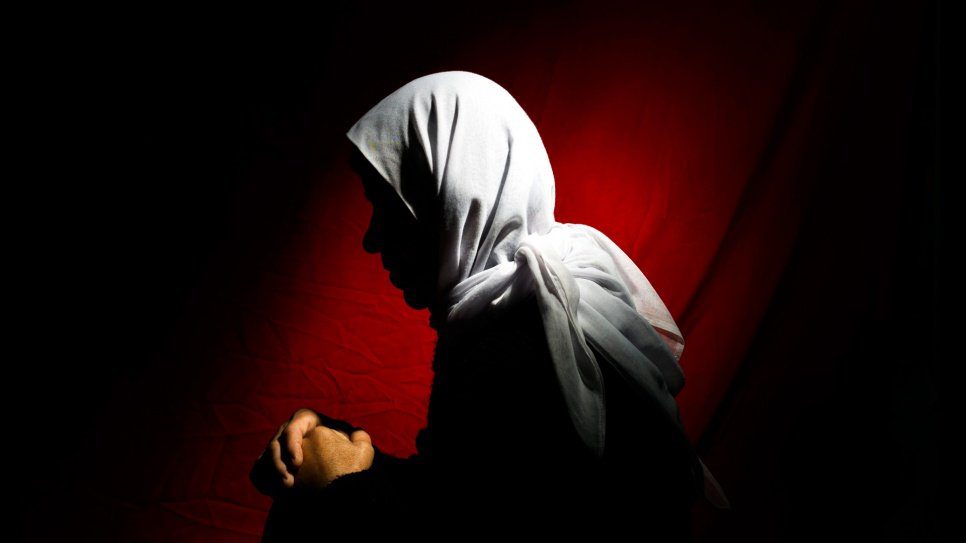
Shia religious rituals for Iraqi women

In the previous article we introduced two of the most famous Shia religious rituals for Iraqi women. In this part we are going to introduce two more of the women’s ritual in this country.
Chay al-Abbas
Chay al-Abbas, literally “Abbas’ tea,” is one of the Shia religious rituals for Iraqi women and it is like Sawm al-Banat but for married women. Occasionally, an unmarried woman who is older and who functions as female head of a household can participate in Chay al-Abbas, as in the Feast of Zachariah. A woman made a vow that if such and such a wish was granted, she would prepare Chay al-Abbas. The wish could be for the birth of a child, the birth of a son, an improvement in a living child’s health, improvement in a husband’s business prospects, and so forth. When and if the wish is granted, the woman would tell her husband that she needs meat for Chay al-Abbas. The husband buys the meat and knows that such and such a day would be for Chay al-Abbas and therefore he should vacate the house for that day. No adult males participates, but male and female children are present. Every woman dressed in her best clothing wears all her finest jewelry for Chay al-Abbas which is also a happy occasion. Kubuz laham (bread baked with meat in the dough) is served, but on this day it is called kubuz al-abbas. The bread is served to all guests, folded over fresh greens (chives and parsley). Tea followed. While the group is eating the kubuz al-abbas, another woman makes a vow, thus forming a chain of vows as in Sawm al-Banat.
Ziyarat Salman Pak
Ziyarat Salman Pak is the name given to the pilgrimage/picnic to the shrine of Salman Pak near the great arch of Ctesiphon, outside Baghdad. (Salman Pak was dedicated to Salman al-Farsi, one of the companions of the Prophet Mohammad.) This is also a springtime ritual during the year. Women who feel in need of the help of Salman Pak, women who are troubled or recently divorced or deserted, would make up a party consisting of themselves, their female relatives, and their children. They hire a bus, pack lunches, and set out for the shrine. Special songs are sung on the route to the shrine. After a ceremonial visit to the shrine, during which vows and prayers are often said, the women eat together on the grass nearby before returning home. Drumming and singing continues during the picnic. The only adult male involved in this particular ritual is the driver of the bus, unless one includes the historic figure to whom the visit is made.
In all four of these Shia religious rituals for Iraqi , men are involved instrumentally, providing the meat for the Feast of Zachariah and for Chay al-Abbas, purchasing the treats for the futur of Sawm al-Banat, or driving the bus to Salman Pak. However, no adult males took part in the feasting and vow ritual, although children of both sexes are always present.
Taken from THE WOMEN OF KARBALA by Kamran Scot Aghaie